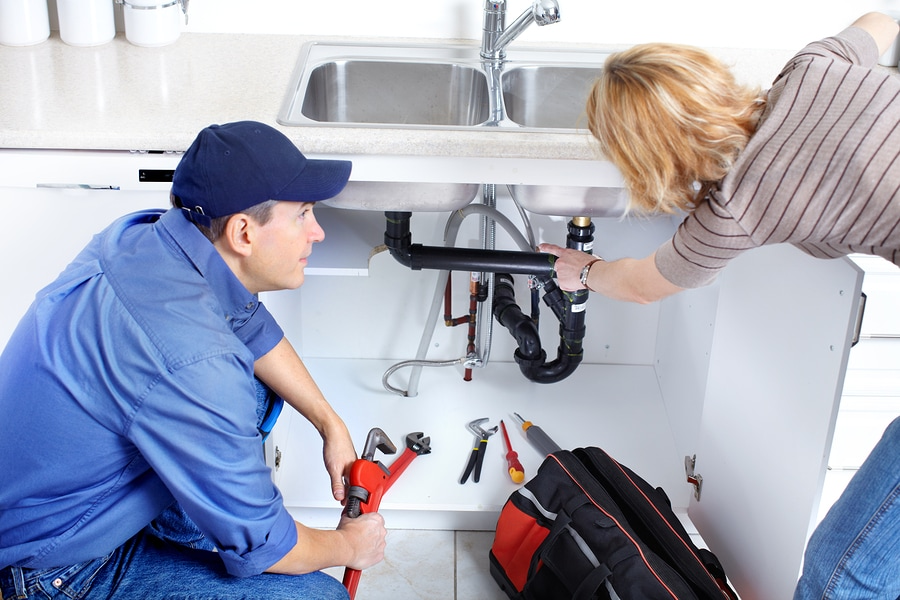Plumbers work in both commercial and residential structures to install, repair, and maintain plumbing, sanitization systems, and related equipment. They frequently evaluate plumbing systems, identify problems, and put practical fixes into place. A plumber’s regular tasks include the following:
- repairing plumbing problems in homes and businesses
- calculating the project or work’s cost in advance of beginning it
- identifying plumbing system problems and offering long-term fixes
- planning new installations by analysing blueprints
- setting up toilets, sinks, and other associated facilities
- examining the endurance and flaws of plumbing systems
- repairing plumbing and sanitary equipment
- Tubes, pipes, fittings, and other relevant fixtures can be cut, put together, and welded.
- organising and sourcing resources for various projects
A Few Practical Abilities For Plumbers Are
Technical Expertise
Plumbers need to be skilled with a variety of tools and have a solid understanding of machines. They frequently employ grips, seals, tapes, pipe cutters, hacksaws, bending tools, and wrenches. To ensure that projects are done effectively, securely, and within deadlines, they frequently need to produce precise measurements, calculations, and specifications.
Physical Aptitudes
Physical stamina, flexibility, physical strength, superior motor skills, and clear vision are all necessary for the physically demanding vocation of plumbing. For instance, plumbers frequently need to use small tools and equipment, such as gauges, in dimly lit environments.
Ability To Analyse
Although a degree in physics, math, or technology is not essential to work in the plumbing industry, plumbers still need to be familiar with some of the field-specific practical applications of these topics.
Plumbers must evaluate how systems like the water supply and sewage treatment operate. They must to be able to identify how modifications to the variables and conditions have an impact on results.
They must also carry out tests and inspections to pinpoint the root of issues and create intricate strategies to fix them.
